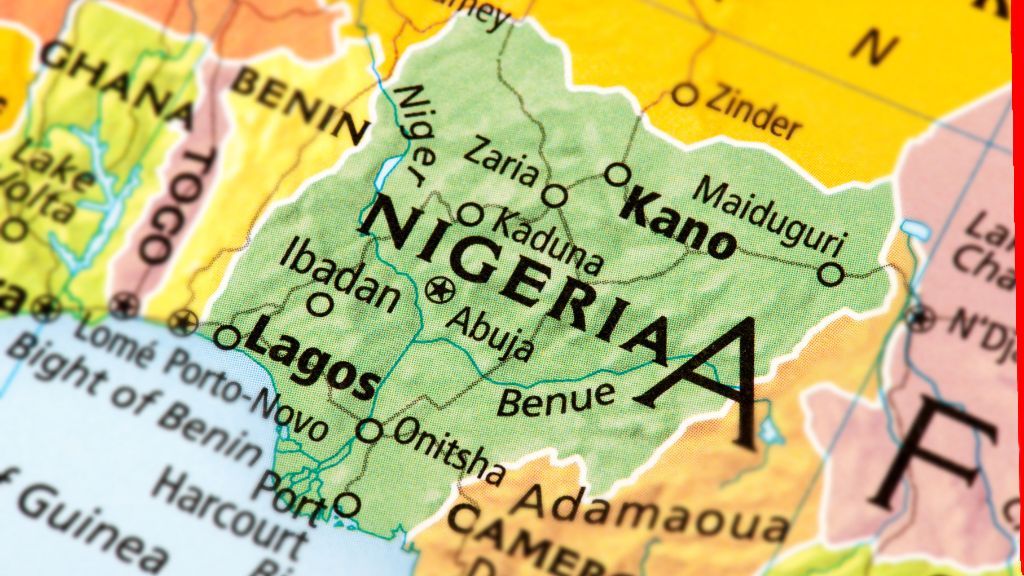
Google’s recent decision to ban gambling-based advertisements in Nigeria signals a significant transition in the digital advertising landscape, previously considered irrelevant. The sweeping changes to Nigeria’s gambling regulatory framework occurred in November when Nigeria’s Supreme Court issued a ruling.
In November, Nigeria’s Supreme Court delivered a landmark verdict that radically altered the structure of gambling in Nigeria. The National Lottery Act of 2005 had historically governed gambling within Nigerian territory. The Supreme Court annulled the Act, decentralising control authority to the states.
The National Lottery Act of 2005 was developed to provide a unified framework for lottery and gambling operations throughout Nigeria. This Act centralised total control under the federal government, with a significant part of its intent being to standardise practices and regulations.
The unanimous vote of the Court to annul the Act showed overwhelming consensus for changes to be made. The judgement now gives each state authority over regulating gambling within its borders, excluding the Federal Capital Territory, which remains subject to the provisions of the National Lottery Act.
The judgement received widespread praise, especially from state governments like Lagos, which saw it as a reaffirmation of their constitutional powers. The Lagos State Government has since called on gambling operators to comply with the new rules and cease all illegal activities immediately.
To adapt its policy to the new regulations imposed by Nigerian authorities, Google issued a comprehensive advertising ban on gambling in Nigeria from 8 January. Google’s updated policies now prohibit promoting gambling-related products and services, including vouchers, bonus codes, and betting advice.
Additionally, educational materials related to gambling, such as books and e-books, are also banned. The ban applies across all of Google’s advertising platforms, including Google Search, YouTube Ads, and the Display Network. Advertisers must comply with these changes to avoid penalties.
Before the Supreme Court ruling, legislators were contemplating more severe regulations, potentially banning sports betting altogether due to statistical evidence suggesting that sports betting was escalating in Nigeria.
Wagering data from the National Lottery Trust Fund indicated that over 65 million Nigerians bet daily, raising concerns about how this betting habit should be restrained. Sports betting is so popular and has such economic implications that an estimated $1 billion is wagered daily in Nigeria. Due to its popularity, the issue of the sustainability and morality of betting arose.
A ban on sports betting would at least protect against some of the assumed gambling harms that plague the general public. It would place more power in the hands of regulatory leaders or the government. The future of gambling in Nigeria has now shifted from federal control to the states. Such decentralisation could generate a patchwork of regulations across the country, ultimately influencing the course of the industry.